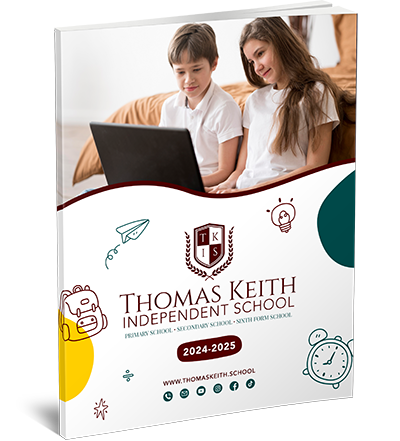Key Stage 2 English Curriculum
Key Stage 2 English Curriculum: An Overview
The Key Stage 2 English curriculum focuses on developing literacy skills, including reading, writing, grammar, punctuation, spelling, and speaking and listening. It sets clear expectations for pupils aged 7 to 11 (Years 3 to 6) and ensures they progress in their language abilities through structured learning objectives.
Core Components of the Key Stage 2 English Curriculum
- Reading
- Word Reading: Pupils improve decoding skills and build fluency when reading aloud.
- Comprehension: Students read a range of texts, including fiction, non-fiction, and poetry. They learn to discuss themes, infer meaning, and summarise key ideas.
- Vocabulary: Exposure to new words helps pupils expand their language use.
- Writing
- Composition: Pupils focus on planning, drafting, editing, and improving their work. They write stories, reports, poems, and arguments with increasing complexity.
- Grammar and Punctuation: Students learn sentence structure, punctuation use, and grammatical rules.
- Spelling: Emphasis is placed on common spelling patterns, prefixes, and suffixes.
- Speaking and Listening
- Pupils develop confidence in spoken language through discussions, presentations, and role-playing activities.
- Listening skills are refined through group activities and responding to others.
Year-Specific English Curriculum Breakdown
Year 2 National Curriculum English
- Reading: Fluency is developed by reading familiar stories and informational texts. Pupils practice decoding words and understanding content.
- Writing: Students learn to form sentences using basic grammar, punctuation, and spelling patterns. Creative writing activities focus on short stories and descriptions.
- Speaking and Listening: Encourages clear expression of ideas and attentive listening.
Year 3 English National Curriculum
- Reading: Introduction to more complex texts, fostering comprehension and discussion of characters and settings.
- Writing: Pupils expand sentence construction, use paragraphs, and begin writing narratives and explanations.
- Speaking and Listening: Focus on verbal clarity and participation in group discussions.
Year 4 National Curriculum English
- Reading: Pupils explore diverse genres, including myths, legends, and biographies.
- Writing: Emphasis on cohesive paragraphs, use of rich vocabulary, and structured planning.
- Speaking and Listening: Developing persuasive speech and thoughtful responses.
Year 5 National Curriculum English
- Reading: Analysis of themes, author intent, and detailed text structures.
- Writing: Focus shifts to advanced punctuation, complex sentences, and stylistic devices like metaphors and similes.
- Speaking and Listening: Building skills for debates, presentations, and collaborative discussions.
Primary English Curriculum 2024 and Key Stage 1
The Key Stage 1 curriculum, covering Years 1 and 2, establishes the foundational skills necessary for Key Stage 2. Pupils learn basic grammar, punctuation, spelling, and reading strategies while developing confidence in writing and speaking.
- Year 1 Writing Curriculum: Focus on handwriting, sentence formation, and simple spelling rules.
- English National Curriculum KS1: Introduces phonics, storytelling, and expressive language use.
National Curriculum Speaking and Listening
Across all stages, speaking and listening remain integral. Activities are designed to build pupils’ ability to articulate ideas and respond effectively, preparing them for higher education and real-life communication.
Example: Thomas Keith Online Independent School
Thomas Keith Online Independent School aligns with the national curriculum and offers tailored lessons for Key Stages 1 and 2. Their interactive platform provides high-quality teaching, engaging pupils in reading, writing, and speaking activities. By integrating innovative resources, the school ensures pupils meet and exceed national standards in English.




